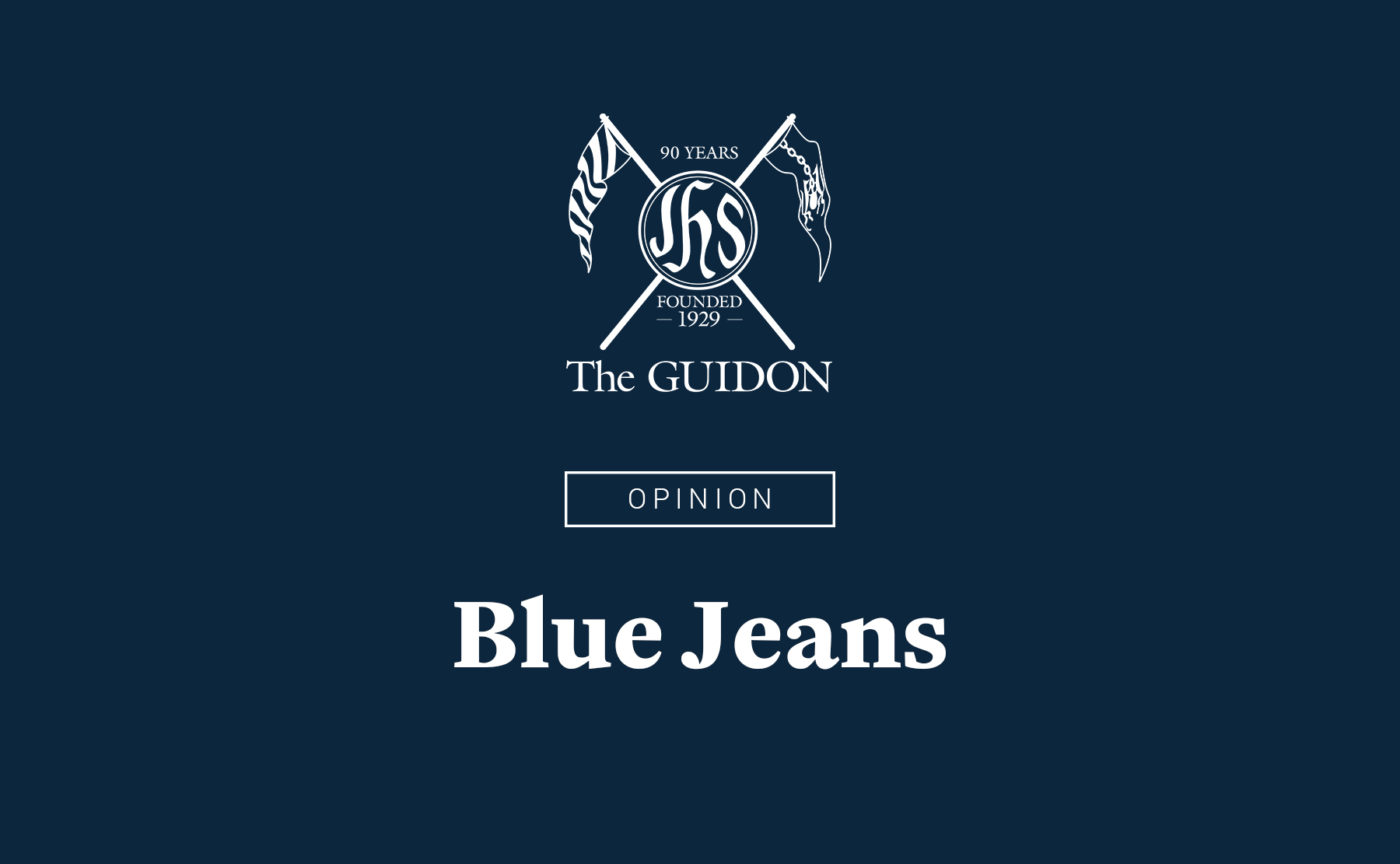Trigger warning: This piece contains an account of sexual harassment.
It begins before you even realize it is about to happen, and it ends just as easily.
In that one moment, the body that I held autonomy over for my entire life is no longer mine, and for countless moments after, I was left to question why. The skin that protected me no longer felt safe. It had become a prison of which I cannot escape. If I could peel it off and take someone else’s, maybe I could forget the way his hands feel.
There was no kicking or screaming, only silence. There were no bursts of violence, only suspension. It was nothing like the way it was portrayed in movies. That is why I only realized what had been done to me only months later. I never spoke of it even then; there was a deep-seated shame within me that I still carry as I write this. I had placed the blame on myself, constantly listing down the things that I should and should not have done in order to prevent it from happening, to prevent him from happening to me. I had eventually fooled myself into thinking that it was a one-time incident that would bear no impact on any other aspect of my life as long as I buried it deep within myself.
But it did affect me, even without me knowing. The secret crept out of its shallow grave and turned into a quiet beast that lurked around the backwoods of my own mind. It haunted me as I sought after people who cared little for me and my wellbeing, who did not think twice of taking advantage of my vulnerability and insecurities. I devolved into a passive witness to whatever will happen to me next. It was during the MeToo movement when I started to realize something incredibly important, something I shared with countless other people:
I did not choose to be violated. Someone chose to violate me.
I never wanted someone to intrude upon my own space, upon my own skin. I was silent, not because he was welcome, but because I was afraid. I stayed still, not because he was desired, but because I did not know what to do. Looking back, I understand it now. I still feel him beneath my skin at times, but I know better now. The regret and shame linger on, but at this point, I have come to understand where they come from.
I learned that I am not alone. It is comforting and heartbreaking at the same time. There are so many. There are too many. As survivors fight silent battles within themselves every day, untangling themselves from monsters within their own minds, predators of a different kind lurk within the physical spaces that we occupy every day. While the internal battle for healing is arduous and complex, steps must be taken to ensure that no one else will have to fight it again.
There is a clamor right now for justice in the Ateneo, and this clamor has gone far beyond a few cases. It stands for every victim forced into silence by a system that would rather sweep their trauma and struggles under the rug. Too many others have experienced the same thing, even people who underwent the correct procedures to seek justice, only to be failed by the system that promised to protect them. To see people enraged by the gaps in the system gives me relief. Rather than shaming survivors, people have put the pressure on the institutions that have allowed perpetrators impunity. Justice becomes more attainable for survivors through these protests that demand transparency and reform, paving the way for a safer space.
Jean Mangaluz is an AB Communication major and an Inquiry staffer of The GUIDON.




